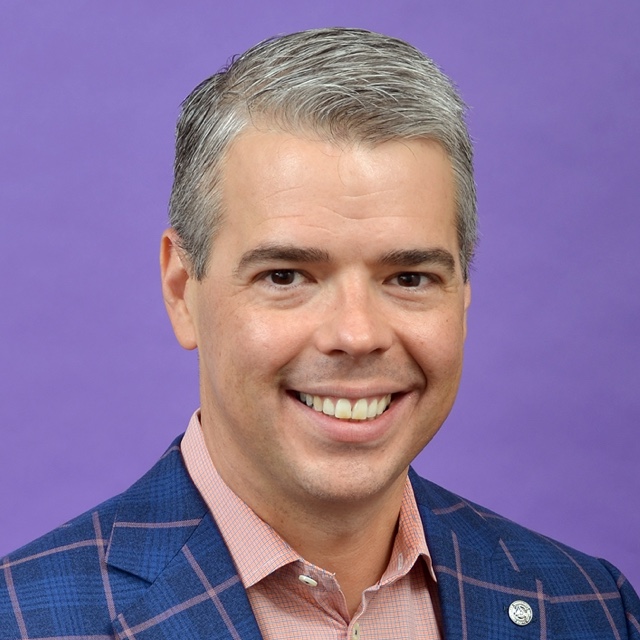TCU Professor Helps Nation Find Sound Direction on COVID-19
Dru Riddle, director of TCU’s Center for Translational Research, was honored this spring to accept a co-chair position to help lead Cochrane US, an organization that exists to promote informed health care decisions through filtering trusted evidence.
Little did he know that he would soon be thrust onto a glaring stage in the midst of a global pandemic. He now finds himself representing TCU nationally while seeking to educate people on obtaining sound insight in an age of swirling information.

“I’m trying to make sure people understand what’s credible and what’s not credible to help people who are trying to make decisions for their communities and their families,” he said.
This has become paramount during COVID-19 and has somewhat altered the trajectory of Cochrane. An international organization that prides itself on providing objective health care information, Cochrane is a nonprofit entity that conducts systematic reviews of research in order to education consumers.
While this would often mean a six to 12-month collection and review process, Cochrane is now performing these tasks within days.
“Cochrane has mobilized a team of scientists and non-scientists and put us together in a virtual world to prioritize information and make sure all clinical trials and data distributed for COVID-19 are known and credible,” Riddle said.
While our society can benefit from the wealth of information at our proverbial and literal fingertips, it can also be a detriment.
“There is a notion that everybody on social media is an expert,” Riddle mused. “It’s like you turn on the news, and we have a panacea with world-renowned experts. Suddenly your crazy next-door neighbor is providing sage medical advice.”
Riddle tempers his sarcasm with the sincerity of wanting the public to know that vetted, reliable information is readily available through Cochrane.
“We’re not keeping it in a secret place that only some can access,” he said. “Some of it is in medical jargon, but some of it is in laymen’s terms, and it’s there for everyone."
The domestic arm of Cochrane underwent a reboot last year. TCU’s Center for Translational Research became affiliated with Cochrane as they assembled 22 institutions to participate.
The center was already partnered with the Joanna Briggs Institute, an Australian organization that also is active in vetting research. While the involvement with Cochrane in particular is new for him, Riddle said the nature of the work is not. And it’s not new to TCU.
“The principals of making decisions based on constantly evaluating research is present throughout our entire doctoral curriculum,” he said.
In addition to leading the Center for Translational Research, Riddle is an associate professor of professional practice in TCU’s School of Nurse Anesthesia and an associate professor of medical education at the TCU and UNTHSC School of Medicine.
His students are able to walk through this historic time with him, as he often updates them daily on new information on COVID-19. Once Cochrane returns to its more traditional role, he said this is a partnership from which students will continuously benefit.
“This is a perfect example of the teacher-scholar model that TCU has,” he said. “As a scholar, we are doing exactly what we are teaching our students to do.”
